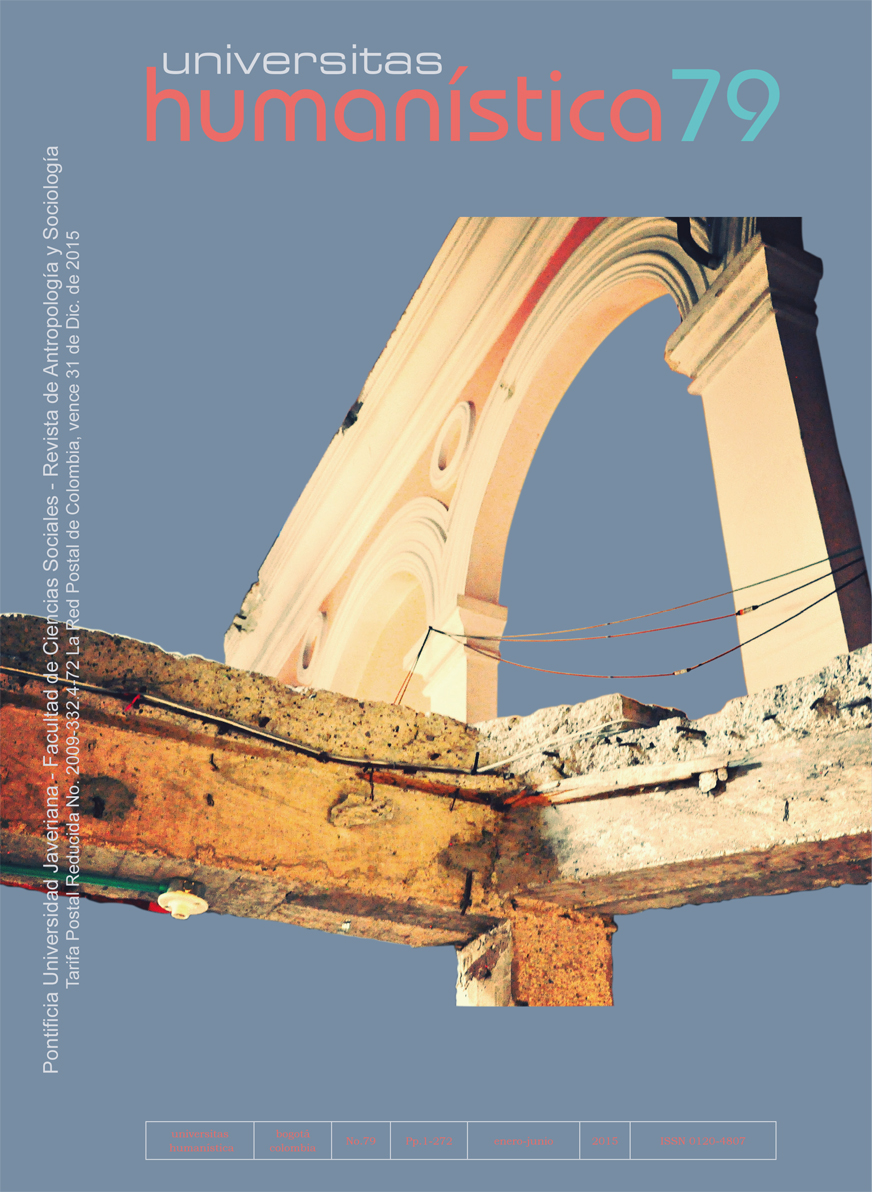Resumen
El presente texto se propone reflexionar sobre el modo en que la relación entre las artes visuales y los feminismos ha sido tratada por la producción académica brasileña ligada al campo del arte y la educación, visible en memorias de eventos importantes del área y en revistas especializadas. En ese sentido, se pretendió problematizar los principales discursos en torno a la relación entre arte y feminismos y los posibles impactos a partir de los estudios queer, de la crítica feminista al arte, de los estudios de género en los últimos años en la producción teórica brasileña ligada al campo del arte y la educación. A pesar de la emergencia de la temática se percibe que las producciones académicas que se refieren al arte y la educación aún se acercan tímidamente y con cierta resistencia a las discusiones al respecto de los feminismos y estudios de género. Se pretende que el análisis emprendido en este artículo ayude a comprender los caminos recorridos, así como los retos a ser enfrentados en relación a la discusión, apuntando a nuevas perspectivas de estudio.

La revista Universitas Humanística se encuentra registrada bajo la licencia Creative Commons Reconocimiento 4.0 Internacional. Por lo tanto, esta obra se puede reproducir, distribuir y comunicar públicamente en formato digital, siempre que se reconozca el nombre de los autores y a la Pontificia Universidad Javeriana. Se permite citar, adaptar, transformar, autoarchivar, republicar y crear a partir del material, para cualquier finalidad (incluso comercial), siempre que se reconozca adecuadamente la autoría, se proporcione un enlace a la obra original y se indique si se han realizado cambios. La Pontificia Universidad Javeriana no retiene los derechos sobre las obras publicadas y los contenidos son responsabilidad exclusiva de los autores, quienes conservan sus derechos morales, intelectuales, de privacidad y publicidad.
El aval sobre la intervención de la obra (revisión, corrección de estilo, traducción, diagramación) y su posterior divulgación se otorga mediante una licencia de uso y no a través de una cesión de derechos, lo que representa que la revista y la Pontificia Universidad Javeriana se eximen de cualquier responsabilidad que se pueda derivar de una mala práctica ética por parte de los autores. En consecuencia de la protección brindada por la licencia de uso, la revista no se encuentra en la obligación de publicar retractaciones o modificar la información ya publicada, a no ser que la errata surja del proceso de gestión editorial. La publicación de contenidos en esta revista no representa regalías para los contribuyentes.


